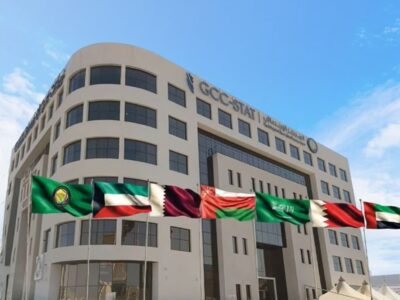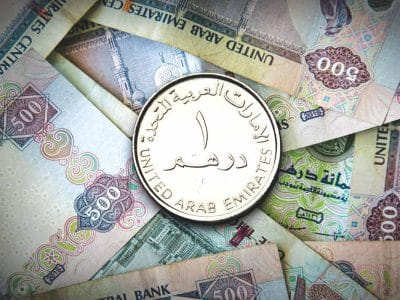Kuwait’s economy will slow this year on the back of oil production cuts enforced by OPEC, according to macroeconomic research firm BMI.
BMI forecast a 1.1 percent dip in Kuwait’s economic growth, as oil production dwindles by 4.5 percent in 2017.
The economic blow will be softened by robust government spending and higher oil prices in 2017 compared to 2016, the report said.
The Kuwaiti government’s access to a large sovereign wealth fund and low interest rates on international capital debt markets will help refinance their budget deficit of $26 billion in 2017.
Plentiful financing options will also help bolster GDP growth in 2018 when the OPEC supply agreement is scheduled to end, BMI said.
Oil production is anticipated to grow in 2018, knocking GDP growth back into positive growth – despite risks of a further extension to the OPEC production cut, BMI researchers predicted.
Oil revenues make up just under 50 percent of Kuwait’s GDP, meaning that a 20 percent jump in oil prices in 2017 from last year will increase oil revenues.
A positive outlook is expected next year with GDP growth returning as production returns to normal when the OPEC supply agreement expires in March 2018.
BMI researchers predict that oil production output will rise by 3.3 percent boosting economic growth by 3.5 percent.
A projected 1.1 percent downturn in economic growth undercuts earlier BMI predictions that the economy would grow 0.7 percent in 2017. The downgrade stems from an expected 4.5 percent drop in oil production to 2.9mn barrels per day (b/d) in 2017, contradicting earlier predictions that production would grow by 0.6 percent to 3.1mn b/d.
The fall in production came with an extension of the OPEC supply agreement until March 2018 to end a world-wide glut in the oil market.







